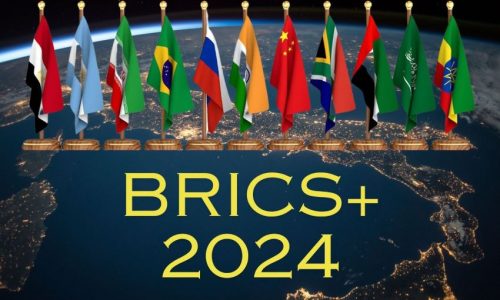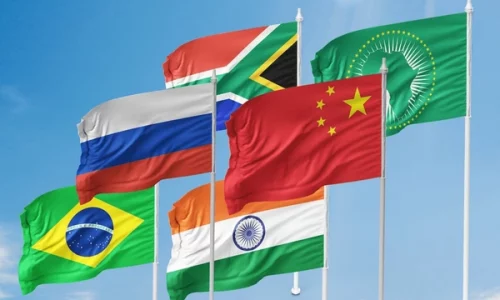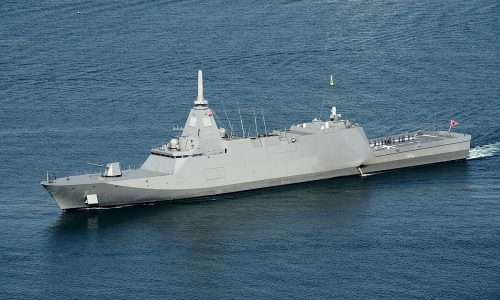Luhut Binsar Pandjaitan, Coordinating Minister of Maritime and Investment, is set to hold discussions with the International Monetary Fund (IMF) regarding the IMF’s request for Indonesia to reconsider its ban on nickel exports.
Meeting between Luhut and IMF Director Georgiva
The IMF’s 2023 Article IV Consultation with Indonesia highlighted the need for Indonesia to gradually phase out the policy prohibiting nickel exports. In response, Minister Luhut is scheduled to meet with IMF Managing Director Kristalina Georgiva either in late July or early August. The purpose of this meeting is to provide a comprehensive explanation of Indonesia’s vision for downstream processing.
“Minister Luhut will be travelling to the United States and plans to meet with the IMF Managing Director to elaborate on our vision in greater detail. This presents an opportunity for us to engage in constructive dialogue and share our aspirations for a more sustainable, equitable, and prosperous Indonesia,” stated Jodi Mahardi, spokesperson for the Coordinating Minister, on June 29, 2023.
Minister Luhut emphasized Indonesia’s status as a sovereign and developing nation, seeking to strengthen its role in the downstream processing industry.
“Referring to increasing the added value of our products, not just as an exporter of raw materials,” Mahardi said.
Government remains committed
The IMF’s acknowledges Indonesia’s focus on downstream processing across various raw commodities, including nickel, as it aligns with Indonesia’s objective of generating value-added exports.
Regarding policy formation, the IMF advises conducting thorough cost and benefit analysis and minimizing any adverse effects on other regions.
The Indonesian government remains committed to building a progressive and sustainable economy that benefits all segments of society.
Mahardi further elaborated that the concept of downstream processing encompasses not only increasing value-added processes but also incorporating recycling stages. These efforts are integral to Indonesia’s goal of maintaining ecological balance and prioritizing sustainability.
“Our intention is not to unilaterally dominate all downstream processes. The initial stages will be conducted in Indonesia, subsequent stages can be implemented in other countries, promoting mutual support for their respective industries in the spirit of beneficial global cooperation,” Mahardi added.
“In this context, the directors recommend considering a phased removal of export restrictions and refraining from extending such limitations to other commodities,” stated the IMF document.








